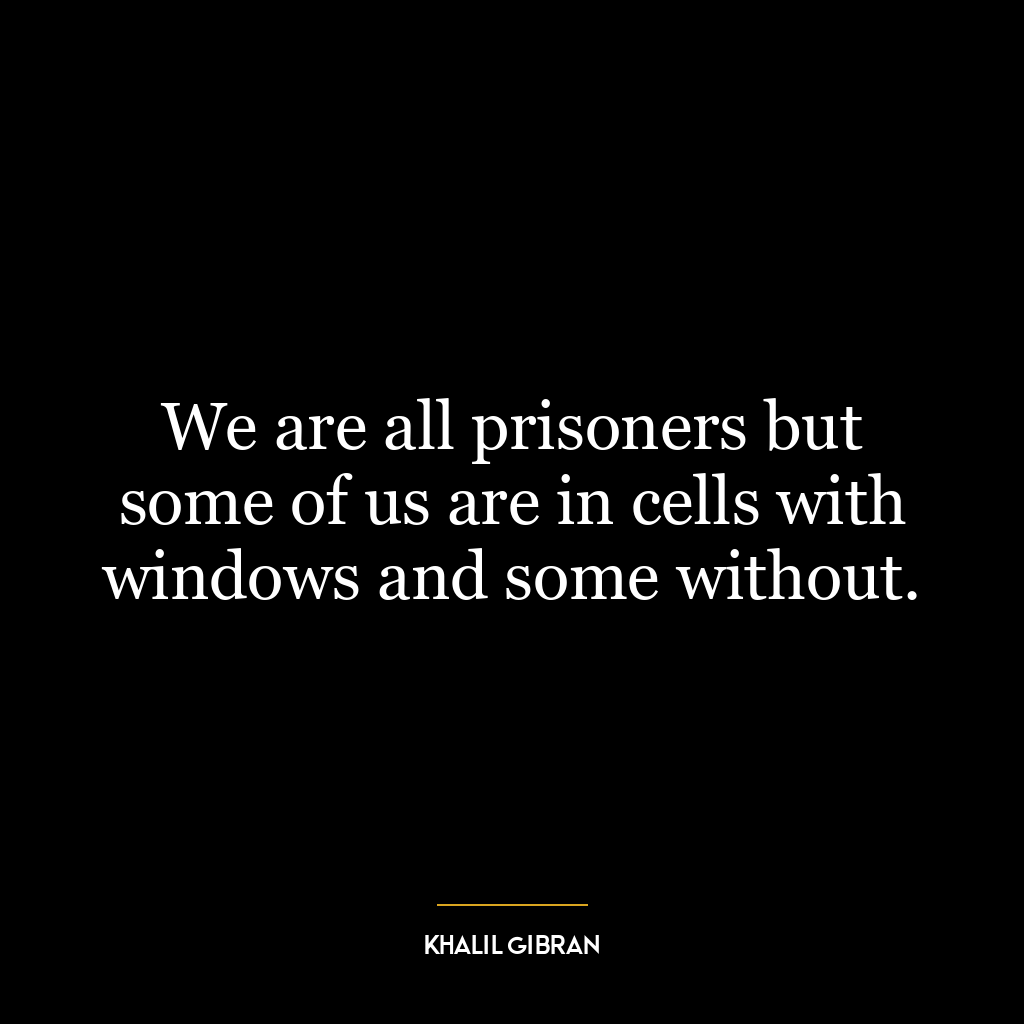Christopher Logue Quotes
- Poet
- England
- 1926 - 2011
Christopher Logue (1926-2011) was an English poet, playwright, and screenwriter. He is best known for his modernist reimagining of Homer’s epic poem, “The Iliad,” which he titled “War Music.” This work, which took him over 50 years to complete, is considered a masterpie…Read More
Christopher Logue (1926-2011) was an English poet, playwright, and screenwriter. He is best known for his modernist reimagining of Homer’s epic poem, “The Iliad,” which he titled “War Music.” This work, which took him over 50 years to complete, is considered a masterpiece of contemporary poetry. Logue’s writing style was characterized by its experimental and unconventional nature, often incorporating elements of jazz and surrealism. He also wrote several plays, including “The Lily-White Boys” and “The Serpent,” and worked on numerous film and television projects. Logue’s contributions to literature were recognized with several awards, including the Whitbread Poetry Award and the Cholmondeley Award. He is remembered as a bold and innovative writer who pushed the boundaries of traditional poetry.Read Less
Christopher Logue (1926-2011) was an English poet, playwright, and screenwriter. He is best known for his modernist reimagining of Homer’s epic poem, “The Iliad,” which he titled “War Music.” This work, which took him over 50 years to complete, is considered a masterpiece of contemporary poetry. Logue’s writing style was characterized by its experimental and unconventional nature, often incorporating elements of jazz and surrealism. He also wrote several plays, including “The Lily-White Boys” and “The Serpent,” and worked on numerous film and television projects. Logue’s contributions to literature were recognized with several awards, including the Whitbread Poetry Award and the Cholmondeley Award. He is remembered as a bold and innovative writer who pushed the boundaries of traditional poetry.
Christopher Logue Career Highlights
- Logue’s career began in the 1950s when he moved to Paris and became involved in the Beat Generation literary scene. He published his first collection of poetry, “Songs,” in 1959, which received critical acclaim.
- In the 1960s, Logue collaborated with the Royal Shakespeare Company and adapted several of Shakespeare’s plays into modern verse, including “The Rape of Lucrece” and “The Iliad.” These adaptations were praised for their bold and unconventional approach to the original texts.
- In 1967, Logue published his most famous work, “Red Bird,” a collection of poems that explored themes of love, war, and mortality. The book was a commercial and critical success, solidifying Logue’s reputation as a groundbreaking poet.
- Logue’s career also included work in film and television. He wrote the screenplay for the 1971 film “Savage Messiah” and worked on several TV series, including “Play for Today” and “The Wednesday Play.”
- In the 1980s, Logue continued to push the boundaries of poetry with his collection “Kings,” which was inspired by the biblical story of King David. The book was praised for its lyrical and evocative language.
- In 2005, Logue was awarded the Whitbread Poetry Award for his collection “Cold Calls,” which was a compilation of his work from the previous 50 years.
- Logue’s final work, “War Music,” was published in 2015 and was a reimagining of Homer’s “Iliad.” The book was praised for its powerful and visceral depiction of war and its impact on humanity.
Key Contributions by Christopher Logue
- Logue’s most significant contribution to literature was his unique and experimental approach to poetry. He rejected traditional forms and structures and instead focused on creating a visceral and emotional experience for the reader.
- His adaptations of Shakespeare’s plays were also groundbreaking, as he modernized the language and made the stories more accessible to contemporary audiences.
- Logue’s work in film and television also had a significant impact, as he brought his poetic sensibilities to these mediums and challenged traditional storytelling techniques.
What Sets Christopher Logue Apart
- Logue’s willingness to take risks and push the boundaries of traditional forms of writing set him apart from his contemporaries. He was unafraid to experiment and challenge the status quo, which made his work stand out.
- His ability to adapt and reimagine classic texts in a modern context also set him apart. Logue’s adaptations were not mere translations but rather unique interpretations that breathed new life into these timeless stories.
- Logue’s use of language was also a defining feature of his work. He had a keen ear for rhythm and sound, and his poetry was often described as musical and lyrical.
Takeaways
- Christopher Logue’s career is a testament to the power of experimentation and pushing the boundaries of traditional forms. He showed that there is no limit to what can be achieved with language and that poetry can take on many forms.
- His adaptations of classic texts serve as a reminder that these stories are timeless and can be reimagined for each generation.
- Logue’s use of language and his ability to evoke emotion through his words is a lesson for aspiring writers to always strive for originality and to never be afraid to take risks.






